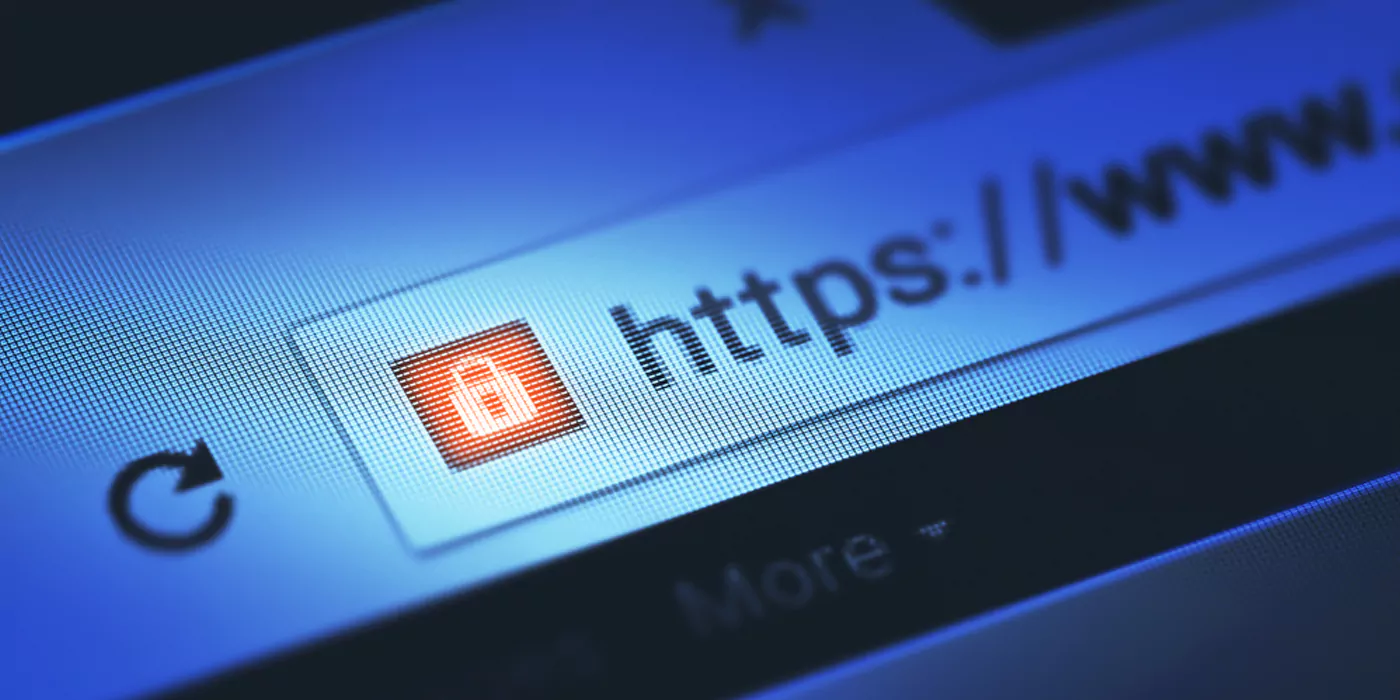The simplicity of creating websites has led to a boom in the e-commerce industry. Business owners are now webmasters courtesy of content management systems (CMS) that enable easy design and launch of a plethora of websites.
However, maintaining a successful website entails more than just design and sales. An important aspect a lot of owners overlook is the security of website.
Customers are not going to think twice before abandoning your business if they even get a whiff of security concerns from your website. They need to be confident that their data is secure when using an online credit card payment processor. The last thing they would want is for their sensitive data to fall prey to malicious hands.
Users expect a secure online experience, whether you manage a small business or an enterprise. Website security should not be based on guesswork. You need to have a proper strategy in place that takes care of a gamut of website security features, right from website downtime to cyberattacks.
Luckily, there are some simple yet effective essential measures you can take in order to understand how to make your website secure. Let’s take a look at some of them in this blog post.
How to secure a website to ensure maximum customer satisfaction and revenue?
Include HTTPS and an SSL Certificate
A secure URL is required to keep your website safe. If your website deals with critical customer data, you must opt for HTTPS rather than HTTP.
What is HTTPS?
HTTPS (Hypertext Transfer Protocol Secure) is a protocol used to provide Internet security. HTTPS prevents turnovers and disruptions while the data is being processed.
Websites that do not use HTTPS are demarcated in competitive browsers such as Chrome. Look for a padlock in the URL bar to indicate that the website is secure. One of the biggest benefits of HTTPS is that it is taken seriously by web browsers; Google Chrome and other browsers mark all non-HTTPS internet sites as risky.
What is SSL?
Secure Sockets Layer (SSL) is a computing framework that uses encryption to ensure the confidentiality of data sent over the internet. Your website also requires an SSL Certificate in order to create a secure online connection. If your website requires visitors to create an account, or complete any type of financial transaction, you must encode your connection.
Keep track of user access and administrative privileges
You may initially feel at ease giving senior employees access to your website. You grant each administrator access with the expectation that they will use their site responsibly. This is the ideal situation, but it is not always the case.
Unfortunately, when employees log into the CMS, they do not consider website security. Instead, their attention is focused on the task at hand.
If they make an error or fail to recognise an issue, it can lead to serious website security problems.
It is critical to thoroughly gauge your employees before granting them website access. Find out if they’ve used your CMS before and what to look for to avoid a security breach.
Educate all CMS users on the significance of passwords and software updates. Inform them of all the ways they can contribute to the website’s security.
Make a record and update it frequently to keep track of who has access to your CMS and their organisational settings.
When it comes to user access, be cautious.
Enable plugins and software that can be automatically updated
Keeping all of your plugins and software up to date is one of the basic but most robust cybersecurity steps you can take. One of the easiest tactics for attackers to gain access to websites is through outdated software. You can help prevent security flaws from being exploited by keeping everything up to date.
Most plugins and software allow you to enable auto-updates from their setting’s menus.
Opt for a solid password
The first way to safeguard your website from cybercriminals is to implement a strong password policy. You can make it much more difficult for attackers to acquire access to your website by keeping secure and unique passwords. You must ensure that your website’s backend is secure and that only authorised users have access to it. To accomplish this, you should think about using a password manager to create and store passcodes for your website. You should never use the same password for other websites.
Get website monitoring tools
One of the important aspects of website security services involves good website monitoring tools, that not only alert and fix your website downtime issues, but also keep an eye on possible cyber threats. Apart from the security aspect, a good website monitoring service provider keep an eye on SSL certificate expirations, offer detailed monthly summary reports, embed status badges in workflows, apps, dashboards, or websites, and sends downtime alerts immediately.
Secure website and amplify revenue with Awakish
You cannot simply create a website and leave it as a webmaster or business owner. It doesn’t matter that building websites is now simpler than ever—security maintenance is still required.
When it comes to safeguarding the data of your business and clients, always be vigilant. The data visitors enter on your site must go to the right people, whether your site accepts online payments or their personal information.Awakish offers advanced website downtime monitoring tools, the best SSL certificate tracker, and endpoint and IP monitoring among other astute services to maintain the health and security of your website. Get in touch with us for more info.



